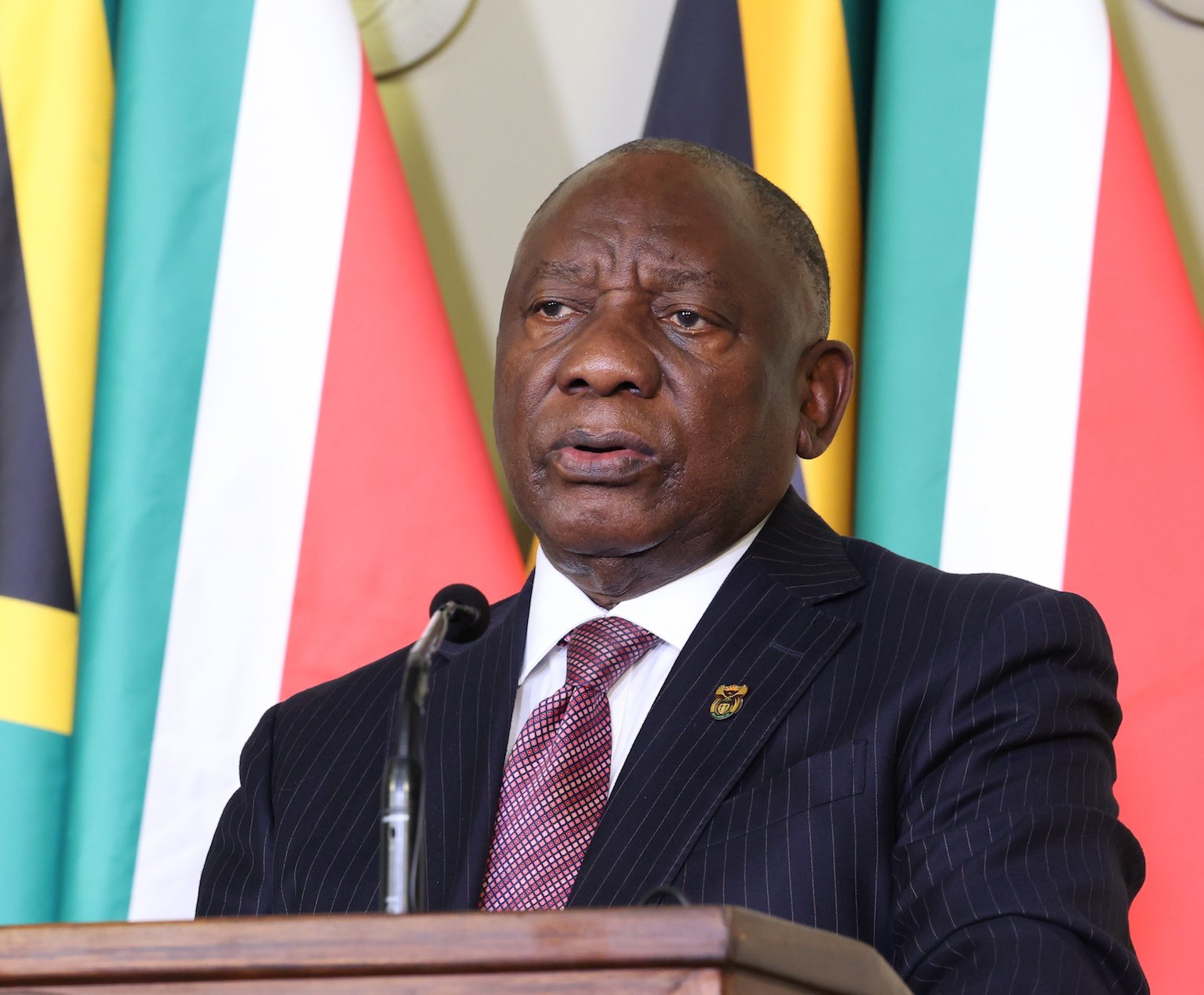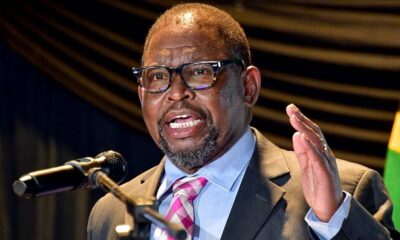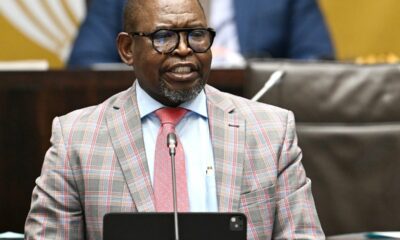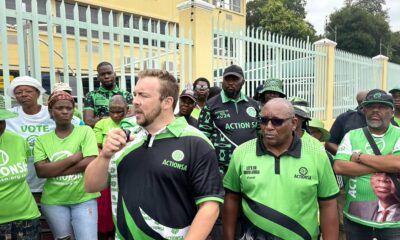News
Ramaphosa Holds the Pen on Two Key Bills That Could Reshape SA’s Care System and Budget Future

Two powerful Bills sit on the President’s desk and their impact could ripple through every household and care home in the country.
President Cyril Ramaphosa may be enjoying a lighter legislative load post-election, but the two Bills currently awaiting his signature are anything but trivial.
The Older Persons Amendment Bill and the Division of Revenue Bill aren’t just legal documents, they represent a turning point in how South Africa looks after its elderly citizens and handles its strained finances going into 2025.
New Protection for Older South Africans
First introduced back in 2022 by the Department of Social Development, the Older Persons Amendment Bill has had a bumpy ride through Parliament, lapsing at the end of the previous term before being revived with amendments by the National Council of Provinces in December 2024.
Now, with the National Assembly’s approval in June 2024, it’s in Ramaphosa’s hands.
At its core, the Bill is about dignity, safety, and oversight. It proposes a provision to remove older persons to temporary safe care without a court order, provided the situation warrants immediate action. This could be a game-changer in emergency cases of abuse or neglect.
It also tightens definitions and strengthens the framework for monitoring and evaluating elder care, a much-needed move in a country where elder abuse has been a growing concern, especially in under-resourced care facilities.
In a country like South Africa, where intergenerational living is common and public elder care systems are under pressure, these updates could directly affect thousands of families and caregivers.
Social media has already seen a trickle of praise for the Bill, with activists and NGOs urging Ramaphosa to “sign it now” and “not let our elders wait a minute longer.”
Third Time’s the Charm for the 2025 Budget
Then there’s the Division of Revenue Bill a legislative heavy-hitter that shapes how national funds are split between the country’s three layers of government: national, provincial, and local.
Unlike previous years where Budget announcements were relatively straightforward, the 2025 cycle has been anything but smooth sailing.
After the government’s first Budget attempt sparked public and political backlash over proposed VAT hikes, the second version, introduced by Finance Minister Enoch Godongwana, also ran aground when the DA challenged it in court.
The Western Cape High Court ultimately threw out Parliament’s approval of the fiscal framework, forcing the government into its third attempt at passing a Budget.
That’s where the Division of Revenue Bill comes in a crucial piece that must accompany the Appropriation Bill to give legal force to government spending.
Although the Division of Revenue Bill was officially assented to on 17 July, the Appropriation Bill is still being finalized in Parliament. This means the 2025 Budget remains incomplete until the full legislative package is signed off.
For everyday South Africans, this uncertainty affects everything from service delivery at local municipalities to funding for public health, education, and infrastructure.
A Different Presidency, A Different Pace
Compared to last year’s legislative logjam with Ramaphosa juggling over 20 Bills before the 2024 elections, this quieter post-election moment might seem calm. But the stakes haven’t lowered.
If Ramaphosa has concerns over legal soundness or constitutionality, he can still send either Bill back to Parliament for revision, as he did in late 2024 with the RICA Bill over privacy concerns.
So far, there’s no word from the Presidency on his timeline for assent. But public pressure, especially from civil society on the Older Persons Bill, is rising.
Why It Matters Now
These two Bills one rooted in social justice, the other in fiscal discipline, capture the two halves of the post-election reality in South Africa.
The country is grappling with a fragile economy, a divided coalition government, and a deep need to restore public trust in both service delivery and state support.
Ramaphosa’s signature on these documents may seem like procedure. But in practice, it could be a signal of how this seventh administration plans to govern and whether it can rise to the social and economic moment it faces.
For now, the nation waits for the pen to hit paper.
{Source: BusinessTech}
Follow Joburg ETC on Facebook, Twitter , TikTok and Instagram
For more News in Johannesburg, visit joburgetc.com



























